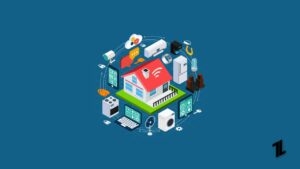Highlights
- AI’s transformative impact spans across sectors, from self-driving vehicles to personalized healthcare and education.
- Businesses benefit from AI through automation, improved decision-making, and enhanced customer service.
- While AI offers promising benefits, concerns include job displacement, bias, and security issues, requiring responsible development and human-centered design.

Artificial intelligence (AI) is set to transform different sectors and change the way people live and work in the quickly expanding technological world.
Exploring new trends and uses of AI becomes critical as we traverse the future to grasp its possible influence on society.
This article digs into the transformational impact of AI, providing information on the fascinating possibilities that lie ahead, from self-driving vehicles and Atomative healthcare to improved robotics and natural language processing.
Emerging Trends in AI
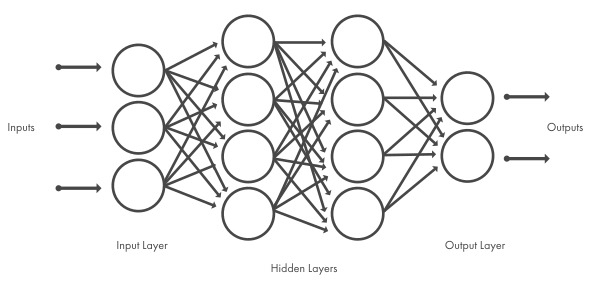
The world of artificial intelligence (AI) is undergoing a dramatic transformation, with numerous new themes set to alter our future profoundly.
- Deep learning: This is one such trend, a type of machine learning that uses artificial neural networks to extract insights from data, allowing ground-breaking developments such as self-driving vehicles and voice assistants.
- Computer Vision: Another notable trend that allows computers to observe and understand their environment, fueling advancements in self-driving cars, facial recognition, and medical picture analysis.
- Natural language processing (NLP): which enables computers to perceive and process human language, is also influential, supporting applications such as speech recognition, machine translation, and chatbots.
- Generative AI: Stands out for its ability to generate original content such as pictures, text, and music, which has found applications in a variety of industries such as art production, product design, and fraud detection.
As these patterns expand, understanding their possible implications becomes increasingly important in navigating the new world of AI.
Applications of AI
Artificial Intelligence (AI)’s frontiers are ever-expanding, penetrating practically every area of our lives and creating limitless prospects for dramatic change.
Several disciplines stand out as the most potential and significant AI applications, set to change their respective industries.
Health Care:

The potential of AI has energized healthcare, a critical sector where precision and prompt treatments may make the difference between life and death.
The integration of AI technology has the potential to revolutionize diagnostic capacities, ushering in an age of extremely accurate and quick illness diagnosis.
Personalized treatment plans are becoming more popular, in which AI-driven algorithms assess individual patient data, genetic composition, and treatment outcomes to design personalized therapeutic methods, improving overall efficacy and lowering bad effects.
Furthermore, the advent of robotic surgery has been nothing short of revolutionary. Surgical treatments, which were previously dependent purely on human competence, now benefit from AI’s accuracy and steadiness, reducing invasiveness and recuperation periods.
Healthcare systems are becoming more efficient as AI’s prowess grows, with AI-assisted administrative chores simplifying processes, improving resource allocation, and enhancing patient care and satisfaction.
Education:
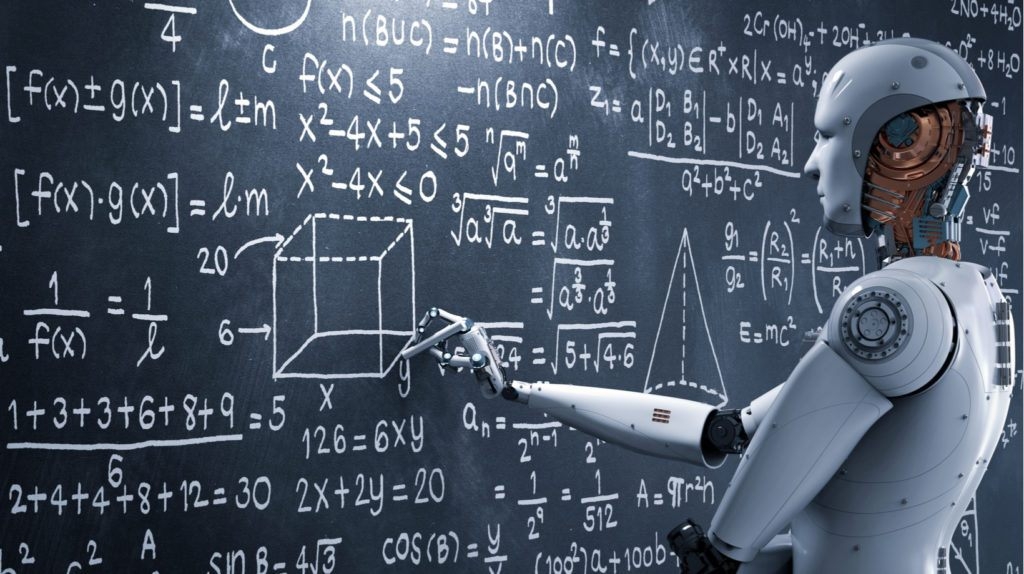
It is undergoing an AI-powered change. AI algorithms have taken center stage in the drive for a more customized and effective learning experience, adapting instructional content to individual requirements, learning styles, and development rates.
AI-powered real-time feedback mechanisms give students crucial information, allowing them to address knowledge gaps and deepen their comprehension.
Furthermore, AI has cleared the door for the development of novel educational tools and resources, fostering engagement and building a hunger for knowledge among students.
Business:
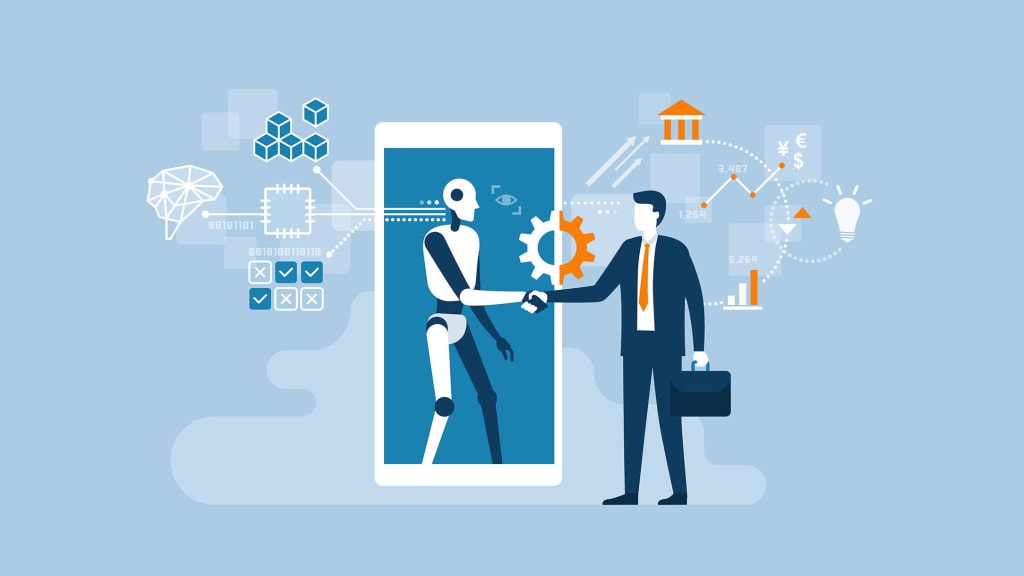
AI is clearly the forerunner of a new age in business, altering how businesses function and prosper in a fiercely competitive environment.
Automation, a key feature of AI, frees businesses from routine chores, allowing them to focus on higher-value projects.
AI-driven data analysis is rapidly augmenting decision-making processes, providing executives with complete insights to make educated and strategic decisions.
AI is also accelerating the creation of new goods and services by mining enormous databases, detecting patterns, and uncovering undiscovered opportunities.
AI serves as a guiding beacon for firms with complex supply chains. AI optimizes supply chain operations and promotes cost-efficiency and dependability by optimizing logistics, forecasting demand variations, and managing stocks with uncanny precision.
Furthermore, customer service has achieved new heights because of AI-powered chatbots and virtual assistants that are skilled at answering questions, resolving difficulties, and cultivating consumer pleasure.
Future of AI
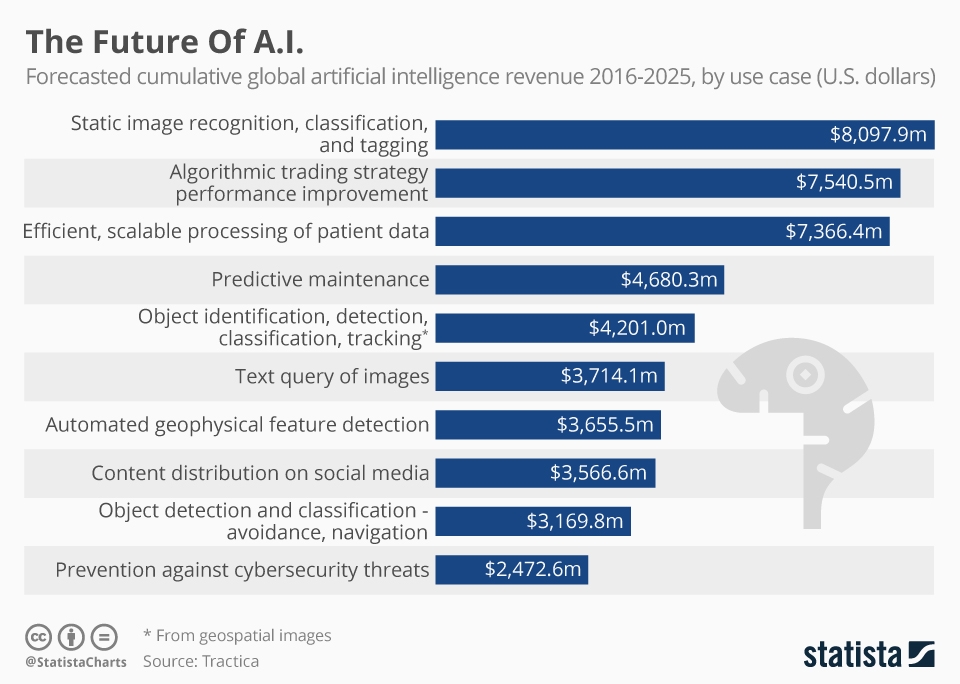
According to a report from Statista, the future of AI has already emerged in our day-to-day life. You can see in the above-provided image the global AI revenue has increased drastically.
Since the demand for AI increased in all sectors, the business model has brought a huge hike in revenue since 2016.
AI has a bright future with limitless potential, and its further growth is projected to impact our lives significantly. Among the possible benefits of AI are:
Improved Healthcare: Artificial intelligence has the potential to transform healthcare by aiding in early and precise illness diagnosis, easing the development of improved medicines, and improving overall patient care.
Personalized Education: AI has the potential to revolutionize the way we learn by personalizing educational experiences to each student’s specific requirements, providing more effective feedback, and properly evaluating tasks.
Effective Business: AI may help organizations become more productive by automating operations, aiding in improved decision-making, and even developing goods and services. This may result in higher production, cost savings, and improved customer service.
In a nutshell, AI has a promising future because it may dramatically enhance healthcare by assisting in illness detection and treatment, making education more tailored for students, and raising corporate efficiency through automation and better decision-making.
Of course, there are some concerns linked to artificial intelligence. These are some examples:
- Job displacement: As AI advances, it is feasible that technology may displace certain human employment.
- Bias: AI systems can be prejudiced, resulting in discrimination.
- Security Concerns: AI systems might be hacked or utilized maliciously, posing a security issue.
As AI evolves, it is critical to be aware of both its potential advantages and threats. AI may be utilized to improve human lives in a variety of ways with appropriate design and control.
Wrapping It Up
In a nutshell, the future of artificial intelligence presents a breathtaking panorama of disruptive opportunities.
As new trends and applications emerge, AI is leading to change industries, improve people’s lives, and unlock untapped potential throughout the world.
AI’s seamless integration into numerous areas of our lives, from driverless automobiles to healthcare, will revolutionize how we work, connect, and flourish. However, responsible development, ethical issues, and human-centered design must be prioritized as the journey continues.
Accepting these difficulties will enable us to realize AI’s enormous potential and design a future in which mankind and technology coexist peacefully, paving the path for a more intelligent, egalitarian, and promising future.
Further Reading:
Directly in Your Inbox

